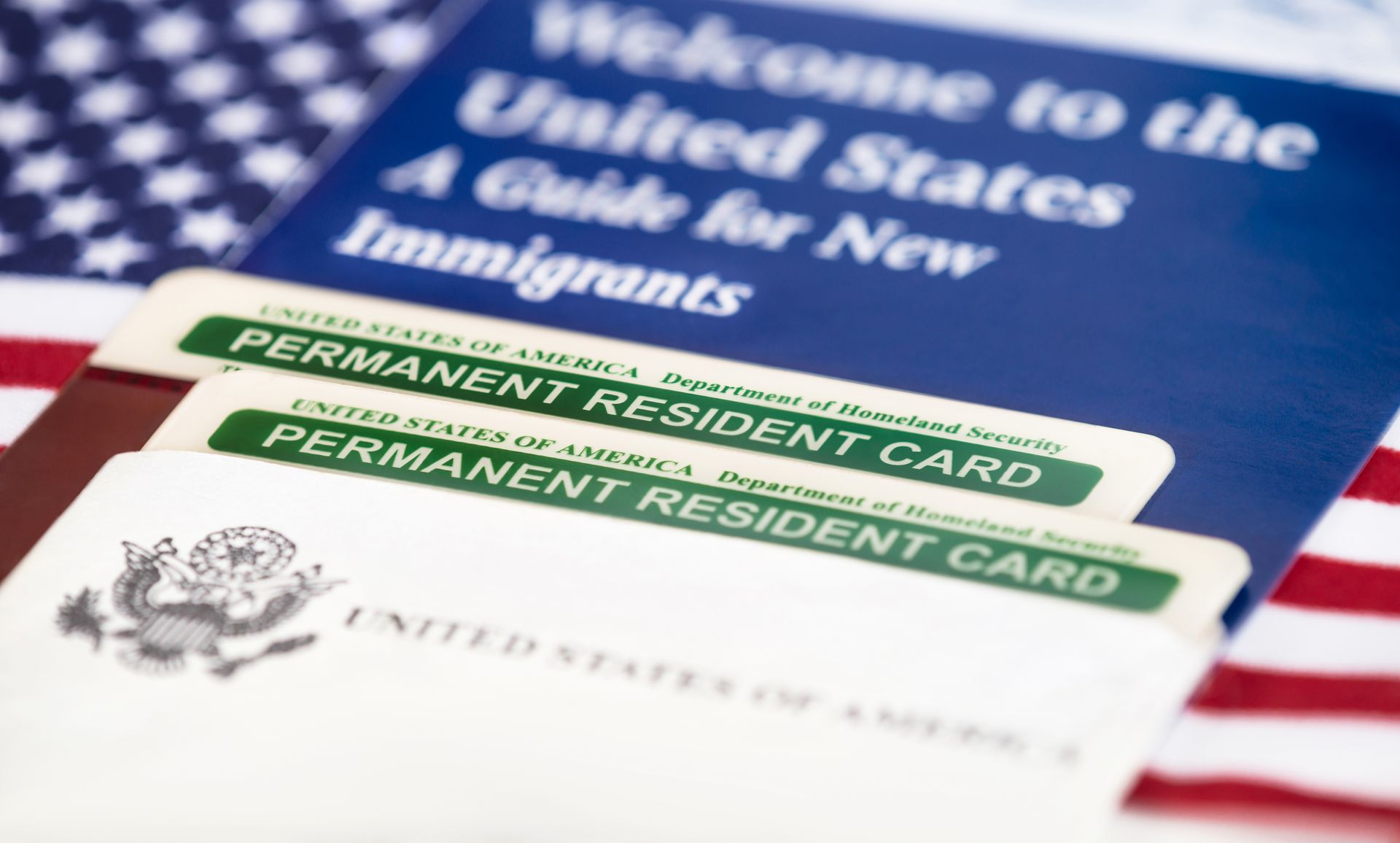New Ohio Noncitizen ID Designation Raises Concerns
New Ohio Noncitizen ID Designation Raises Concerns
The state of Ohio is set to implement a policy change that has raised concerns among immigrant advocates. Now, noncitizens will have their immigration status listed on their Ohio identification cards. This move has sparked debate and worry about the possible negative consequences for immigrants living in the state.
The New Policy
Under the new policy, the words "non-US citizen" will be printed on the IDs of those who are not US citizens. This change is said to affect driver's licenses, learner's permits, and state identification cards. The Ohio Bureau of Motor Vehicles (BMV) cites the need for compliance with the federal REAL ID Act as the primary reason for this change. The REAL ID Act, passed by Congress in 2005, establishes minimum security standards for state-issued IDs and prohibits federal agencies from accepting IDs that do not meet these standards.
Concerns Raised by Advocates
Immigrant advocates argue that this policy change could lead to discrimination, racial profiling, and potential harm to noncitizens. They fear that by clearly identifying a person's immigration status on their ID, it may encourage negative treatment or harassment from law enforcement, employers, landlords, and others. Additionally, there are concerns that this policy could make noncitizens more vulnerable to fraud and identity theft, as their immigration status is now easily visible on their identification.
Potential Impact on Immigrant Communities
The policy change could have a wide-ranging impact on Ohio's immigrant communities. For instance, the fear of being discriminated against or targeted may lead some noncitizens to avoid obtaining an ID altogether. This could result in challenges when trying to access essential services, such as healthcare, education, and employment opportunities. Furthermore, the policy may discourage noncitizens from reporting crimes or cooperating with law enforcement, as they may be worried about revealing their immigration status.
Other States' Policies
Ohio is not the first state to implement such a policy. Several other states, including Utah and North Carolina, have similar requirements for noncitizens' identification cards. However, the approach taken by these states varies. For example, some states use different colors or markings to signify noncitizen status, while others include a temporary visa expiration date on the ID.
Moving Forward
As the new policy takes effect, it will be crucial for both government officials and immigrant advocates to closely monitor its implementation and impact on noncitizen residents. Open communication and collaboration between these groups can help mitigate potential negative consequences and ensure that all Ohio residents are treated fairly and with respect, regardless of their immigration status.
For trustworthy legal advice contact Sintsirmas Immigration Law Co. LPA.










